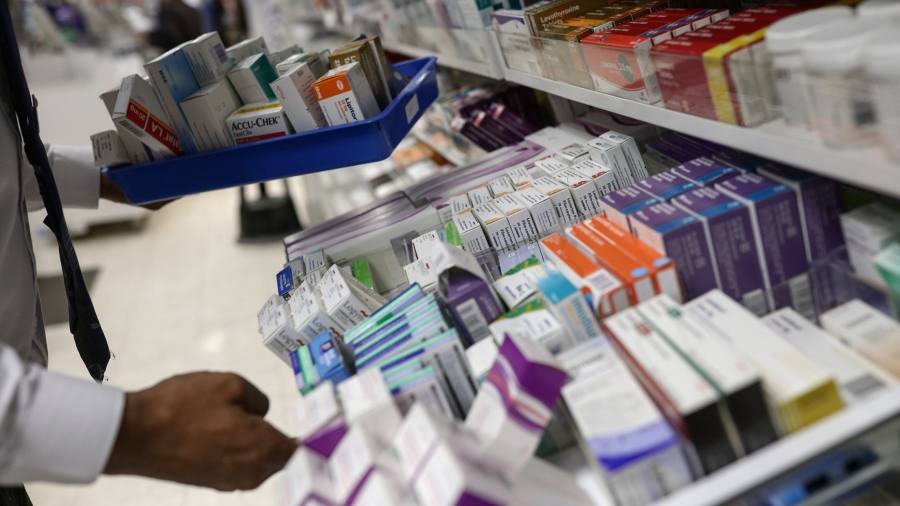
The UK’s competition watchdog is probing whether drugmakers are charging excessive prices for antibiotics, after an unexpected rise in cases of Group A Streptococcus pushed up demand.
The Competition and Markets Authority said people had “real concerns” about the cost of antibiotics used to treat Strep A infections, a common bacterial infection that is affecting mainly schoolchildren, who doctors believe may have failed to build up immunity due to social isolation during Covid-19 pandemic lockdowns.
Pharmacists have complained that they are having to dispense penicillin and amoxicillin, the main antibiotic treatments, at a significant loss because the NHS reimbursement is not keeping up with rising wholesale prices.
“There should be no doubt that it is illegal for a dominant company to charge excessive prices, or for any companies to collude to drive up prices,” the CMA said.
The CMA has not yet launched a formal investigation. But it warned that it is ready to take action if it finds evidence of anti-competitive behaviour that breaks the law. The watchdog has the power to investigate and issue fines.
“We are working to establish the facts of what is currently happening in the market and welcome new information as part of our work,” it added. “We stand ready to take action if there is evidence of anti-competitive behaviour that breaks the law.”
Government ministers have sought to reassure parents there was no shortage of the drugs, even though pharmacists have reported paying unusually high prices and difficulties in securing supplies of the antibiotics, some of which are being rationed by suppliers.
The Department of Health and Social Care repeated those assurances on Wednesday. “We continue to work urgently with manufacturers and wholesalers to expedite deliveries, bring forward stock they have to help ensure it gets to where it’s needed and boost supply to meet demand as quickly as possible and support access to these vital medicines,” it said in a statement.
Three pharmacies told the Financial Times earlier this week that the minimum they had paid for amoxicillin or penicillin liquid solution from wholesalers, including Alliance Healthcare and AAH, in recent days was £5, which is more than double the amount they will receive in reimbursement under the NHS drug tariff scheme.
Rajiv Shah, executive director of Sigma Pharmaceuticals, a Hertfordshire-based wholesaler that distributes antibiotics, said the problems in the global supply chain were partly due to drugmakers basing their manufacturing plans on the lower demand for antibiotics in the past two winters, when less social mixing meant unusually low levels of bacterial disease.
Sigma apologised earlier this week for setting its wholesale price at more than £19 for amoxicillin liquid solution, nearly 10 times the reimbursement cost paid by the NHS to pharmacies. Shah said this was due to a technical error, which affected many drug prices, but only for a couple of hours. He added that no one was charged this price.
Shah said there had been shortages of many antibiotics since September but there was now a particular scarcity of antibiotic syrups, administered to young children. “Strep has come in and thrown a massive grenade into the whole supply chain,” he said. “We’ve sold more stock of antibiotics in a few days than in the whole of a normal December.”